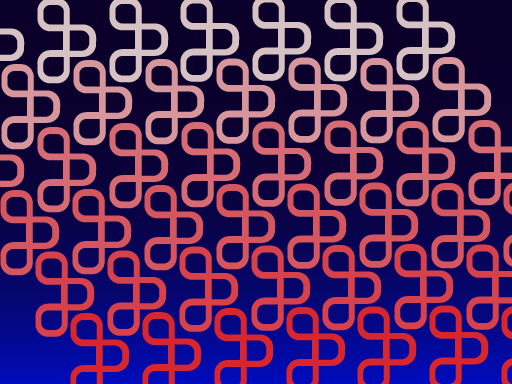
How Does Sound Shape Knowledge?
Western thought has long assumed a special relationship between vision and knowledge: Seeing is believing. But what about the traffic between sonic experience and ideas? How do inherited beliefs abo(…)
This is part two of Cheryl L’Hirondelle’s visit to the Artengine Studio. You can watch Part 1, an artist talk on her work Nipawiwin Akikodjiwan: Pimizi ohci, here.
In our conversation, we follow up on a number of interesting threads from her artist talk. We discuss the reality and challenges of making work in the time of climate crisis as we hope that we have laid out enough pathways for people to follow toward change, but that she never really knows what be the tipping point for work of this nature but dialogue, of the type we have recorded here, is essential to sharing the stories and ideas driving the work.
We dig deeper on the concept of interspecies communication and the role her Cree worldview plays here. We discuss the act of listening as being tuned to the energies of various things, and this is an essential part of communication. In this conversation, L’Hirondelle discusses her PhD research on language and the concept of ‘sound shapes’ and their connection to the land and earth.
This conversation was followed by an excellent Q&A. We are currently working on an edited transcript of the entire conversation. Please get in touch if you are interested in the larger document.
The project page for the Entanglements Exhibition can be found on our website here.
Part 1, the artist talk on her project, can be found here.
Read a bit more about Cheryl’s research here.
Download Cheryl’s chapter, Codetalkers Recounting Signals of Survival, in the excellent book Coded Territories: Tracing Indigenous Pathways in New Media Art
MORE ABOUT CHERYL L’HIRONDELLE
Cheryl L’Hirondelle (Cree/Halfbreed; German/Polish) is an interdisciplinary, community-engaged artist, a singer/songwriter and a critical thinker whose family roots are from Papaschase First Nation, amiskwaciy wâskahikan (Edmonton, Alberta) and Kikino Metis Settlement, Alberta. Her work critically investigates and articulates a dynamism of nêhiyawin (Cree worldview) in contemporary time-place with a practice that incorporates Indigenous language(s), audio, video, virtual reality, the olfactory, music and audience/user participation to create immersive environments towards ‘radical inclusion.’
As a songwriter, L’Hirondelle’s focus is on both sharing nêhiyawêwin (Cree language) and Indigenous and contemporary song-forms and personal narrative songwriting as methodologies toward survivance. She has exhibited and performed widely, both nationally and internationally.
L’Hirondelle is the recipient of two imagineNATIVE New Media Awards (2005, 2006), and two Canadian Aboriginal Music Awards (2006, 2007) and most recently a Governor General’s Award for Visual and Media Arts (. She holds a master’s degree in Design from OCAD University’s Inclusive Design program (2015) and is a member of the University’s Indigenous Education Council. She is currently completing a practice-based PhD with SMARTlab/University College Dublin, Ireland. Cheryl is also the CEO of Miyoh Music Inc., an Indigenous niche music publishing company and record label.
They're asking us to consider them. They did say, not verbatim in the communication, but essentially the sentiment was that... and this is kind of a mic drop... they said, 'If we go, you go'.

Western thought has long assumed a special relationship between vision and knowledge: Seeing is believing. But what about the traffic between sonic experience and ideas? How do inherited beliefs abo(…)

What is software without hardware? Join us as DEL participant, artist and National Director of the Independent Media Arts Alliance Emmanuel Madan shares his vision for the viability of the Arts ecosystem and what role a union, Artwork_Local404, could play within that system. In this conversation, we discuss the importance of language, authorship, and time when it comes to the development of meaningful work (tools, platforms, initiatives and art).